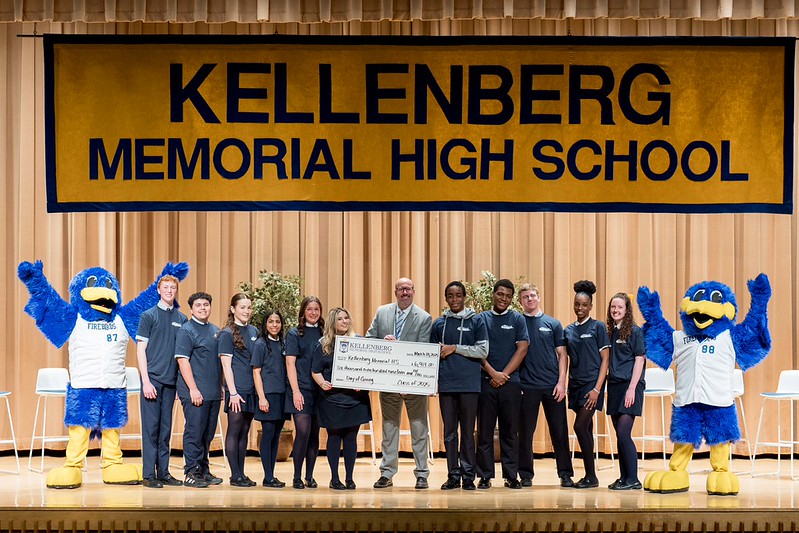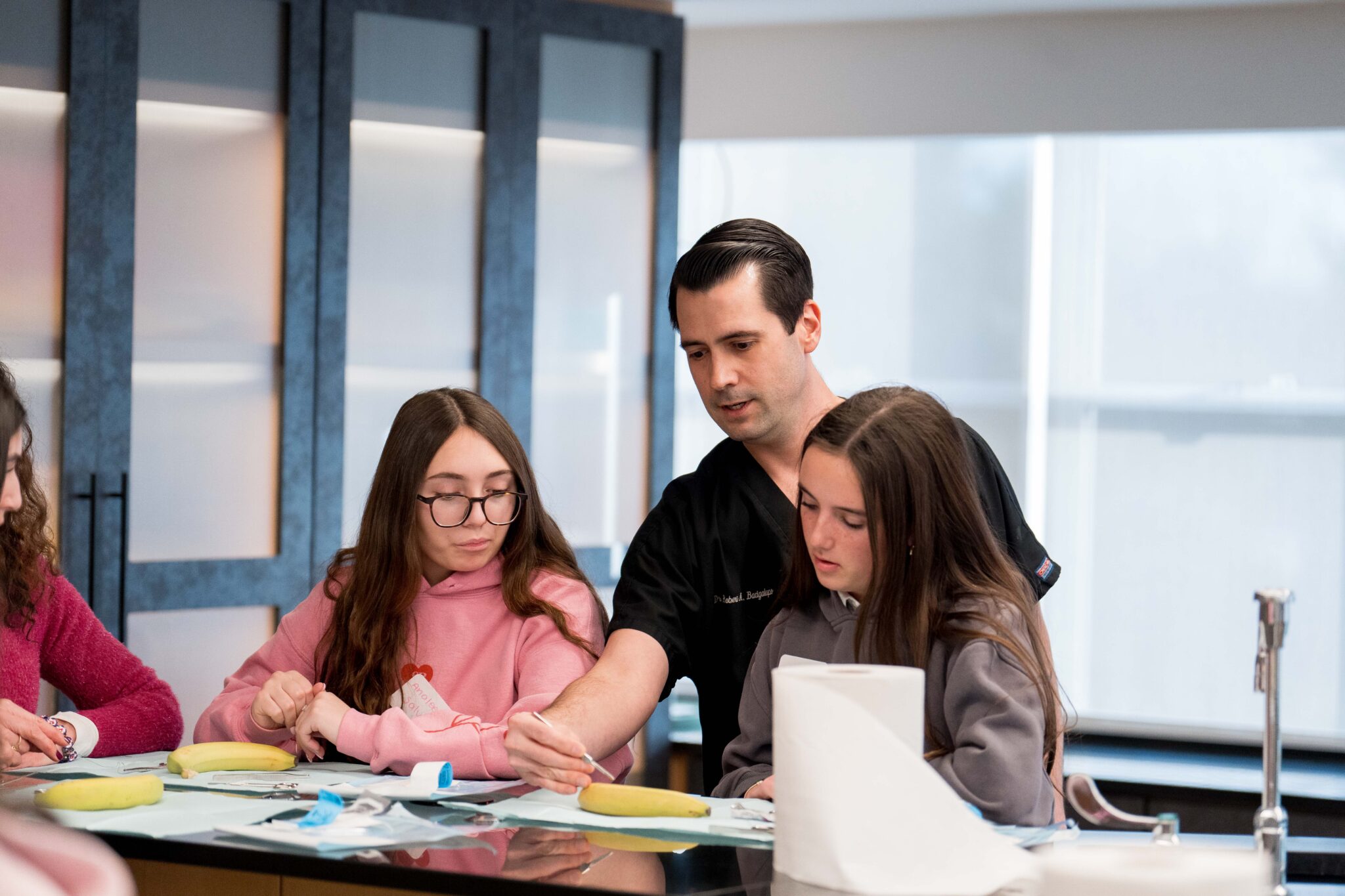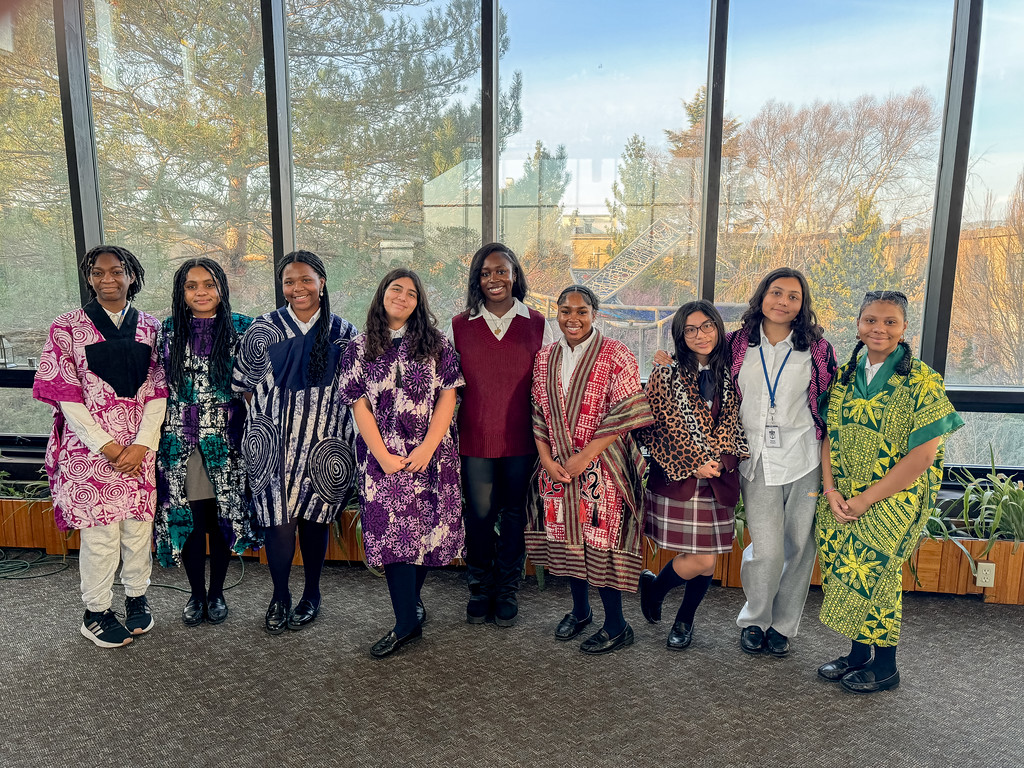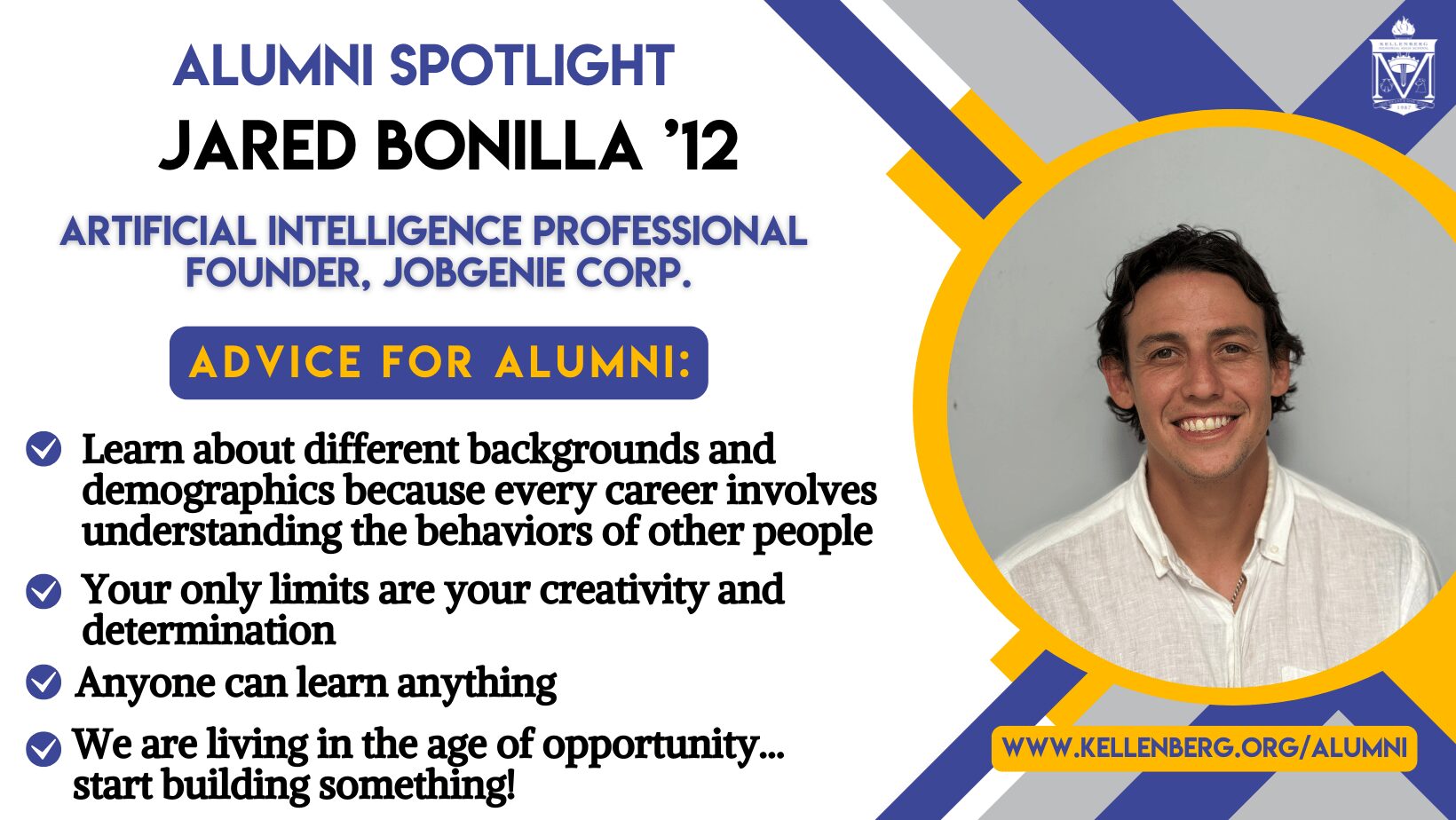
Isabella Nieminen ’20 is a Fulbright Scholar to the Republic of Georgia. She graduated from The George Washington University in May 2024, receiving her B.A. in International Affairs, concentrating on Conflict Resolution and European/Eurasian Studies. While at GW, she participated in the Dean’s Scholars Research Cohort, conducting field research in Tbilisi on civil society repression and resilience. For this research, she received the Undergraduate Research Award and was recognized as an Enosinian Scholar, a distinction granted to GW’s most outstanding theses. As a part of her studies, Isabella spent two months in Bishkek, Kyrgyzstan, studying Russian through the US Department of State’s Critical Language Scholarship.
Isabella interned at The Center For European Policy Analysis and The German Marshall Fund’s Alliance for Securing Democracy, providing research support. She worked with Project Common Bond, a summer program for young survivors of conflict, and participated in the US Institute of Peace’s US-Vietnam Youth Cohort. In May 2024, she was the recipient of the GWU Skip Gnehm Leadership, Ethics, and Practice Prize, which is given to a graduate who has demonstrated ethical thinking during their tenure at the university.
On the side, she is passionate about theater and literature, having performed with the GW Shakespeare Company and contributed to The Shakespearean International Yearbook as a research assistant. In the future, Isabella plans to obtain a joint JD/LLM and pursue a career in international humanitarian law, international justice and accountability, and conflict resolution.
What inspired you to pursue a career in international relations and apply for the Fulbright Scholarship?
As a child, my parents were my biggest role models (and still are). My dad moved to the United States hoping to be an interpreter for the UN. However, he discovered New York’s culinary scene and decided to become a chef. Still, he maintained a passion for international relations and history, and we spent long hours discussing these topics at the dinner table when I was a kid. My interest in conflict resolution was also heavily influenced by my mother’s experience surviving 9/11. Growing up, I felt moved by the bravery of my mother and all of those present on that day. When I got older, I began to understand my mom’s experience as fitting within a wider global context. I feel a desire to find ways to better balance the use of US resources and create ethical policies that work better not simply for America but for the world’s population as a whole, increasing our role in promoting peace and mitigating violence.
As for Fulbright, I knew that I wanted a year or two of hands-on experience before going to law school. Fulbright seemed like a constructive way to combine my interests in language learning, travel, and cross-cultural understanding. I chose to go to Georgia, where I’ll be teaching English at Zugdidi State University, located in the northwest right next to the occupied territory of Abkhazia.
How do you think your time at Kellenberg Memorial helped to prepare you for your success in your academic and professional pursuits?
During my time at Kellenberg, I discovered the importance of giving back to my community. Thanks to Kellenberg’s culture of involvement and abundance of extracurricular activities, I met and learned from incredibly dedicated, passionate students, many of whom are some of my closest friends today! I also found a lot of fulfillment in my regular trips to the Bristal and St. Martin’s, as well as my summer service trip to Lourdes. It was during my high school years that I began to truly understand the value of looking beyond one’s own self, building deep relationships with those around you, and actively working to better your community. These kinds of personal values are critical in the field of conflict resolution.
Do you have any advice for current students or young alumni who are interested in applying for the Fulbright Program or pursuing a career in international affairs?
Engage with all kinds of opinions: read news, long-form journalism, and literature written by those who hold different views or come from different backgrounds than you. Take part in honest dialogue with others, but don’t just listen to refute – seek to truly understand and empathize. This field needs people who don’t turn away when met with different perspectives. The mark of an effective leader is the ability to clearly communicate one’s own convictions while still seeking to uplift others’ voices and build mutual respect and understanding. Commitment to these skills can lay the groundwork for productive, peace-oriented solutions. When it comes to personal and academic development, “if you’re the smartest person in the room, you’re in the wrong room.” I’ve learned the most when pushing myself to attend a conference or participate in a project that I didn’t necessarily feel qualified for. Admitting when I didn’t know something or seeking advice from experts pushed me to grow more than I thought I could. Finally, start early and start small– big goals are achieved iteratively! When I began applying for Fulbright, I was intimidated by what seemed like a never-ending, arduous task. But I started way ahead of the deadline, and wrote just a few sentences a day. I didn’t pressure myself to make the writing perfect – in fact, my first complete draft needed tons of editing. However, breaking the task into little pieces allowed me to brainstorm and edit without stress.
Do you have any favorite teachers, coaches, or club moderators from your time at Kellenberg
Memorial?
During the 2020 lockdown, my Latin teacher Mr. Cicalese drove all across Long Island, hand-delivering a framed quote from Virgil’s Aeneid to each of his seniors. The quote read “quid struis?” and meant, “what are you building?” In a larger sense, are you happy with the life you’re building for yourself? That picture frame sat on my desk all four years of undergrad, reminding me to reorient myself when I was distracted and to keep pushing when I wanted to throw in the towel. Mr. Cicalese made Latin more than just a complex set of grammar rules; it became a fun, meaningful topic that contributed to my life personally.
Another teacher who has had a lasting impact is Mrs. Von. After putting reading to the side for some time in favor of things I deemed more “practical–” studying an extra hour, etc– she pushed me to pick more books up. She reminded me and many others that time spent doing something you love is never time wasted– reading has made my life a lot richer both academically and personally. Also, Mrs. Riiska and Mr. Kennedy made my time on the Model UN team really valuable. Thanks to them, my first lessons in international affairs were fun and engaging! They encouraged me to speak my mind, think outside the box, and collaborate with others. I look back fondly on our annual retreats at Founder’s Hollow.





